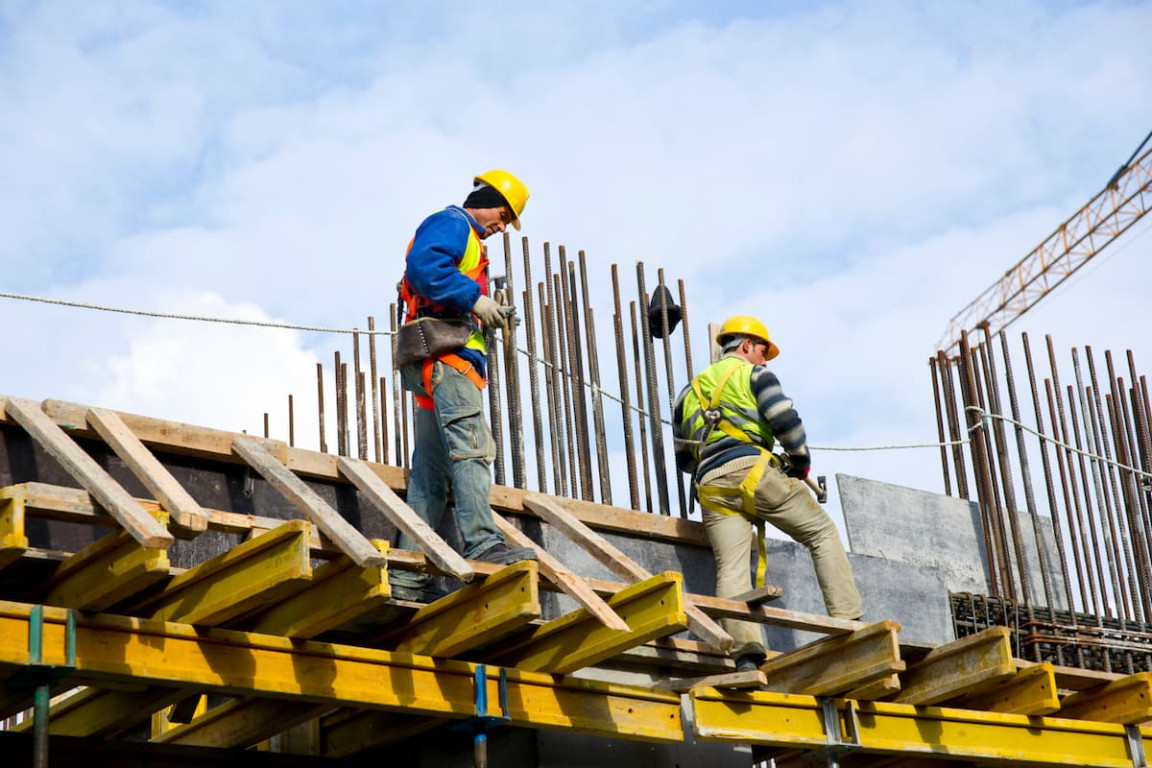As a doula and birth educator, I have spent the past few months listening to my clients’ voices crack in distress about what the coronavirus means for their upcoming births. Over text and video calls, they worry about the ever-changing hospital policies. I miss hugging these expectant mothers and being with them in person. But the coronavirus pandemic has only amplified what I always knew to be true: This country is failing when it comes to supporting birthing people, especially black women.
It’s no coincidence that the virus affects black people at a disproportionate rate. Systemic inequities like poor access to adequate health care and insurance, medical racism, food deserts, and the lack of generational economic mobility have set us up to be devastated by the pandemic. So does the fact that black Americans are statistically more likely to suffer from comorbidities like asthma, diabetes, and hypertension, which exacerbate the symptoms of COVID-19. Black Americans also make up a large part of the unprotected essential workforce who may be exposed to the virus at higher rates.
But as we continue to battle the coronavirus, we also continue to battle the health risks black women face while giving birth. In the U.S., maternal mortality and morbidity disproportionately affect black women at a rate four to five times greater than white women. In New York City, black women are 8 to 12 times more likely than white women to die as a result of pregnancy and birth-related causes (although it should be noted that not only black women are affected by poor maternal health outcomes—more American women are dying of pregnancy-related complications than in any other developed country in the world).
On top of higher fatality rates, black women are also statistically more likely to experience pregnancy complications, including hypertension, placental disorders, gestational diabetes, blood disorders, and preeclampsia.
In addition to all this, implicit bias makes giving birth as a black woman during the pandemic so much more dangerous than ever before. A system that was failing to meet our needs is now seriously overburdened.
Just look at the tragic case of Amber Isaac, a 26-year-old black woman from the Bronx, who died shortly after giving birth via emergency C-section. She suffered from abnormally low blood platelet levels, which inhibited her blood from clotting. Because of the pandemic, she was receiving remote care via video meetings instead of in-person appointments. Had she been in for blood tests, her providers would have noted that her platelet levels had been falling since February. Amber tweeted on April 17, “Can’t wait to write a tell-all about my experience during my last two trimesters dealing with incompetent doctors at Montefiore,” referencing the hospital. She died three days later.
For every devastating story like Amber’s, there are so many more like hers, and close calls. Tennis superstar Serena Williams famously shared her story of nearly dying after having a pulmonary embolism following the birth of her daughter, Olympia.
This content is imported from Twitter. You may be able to find the same content in another format, or you may be able to find more information, at their web site.
As the coronavirus rages on, many of our low-risk clients are exploring out-of-hospital birth as an option to avoid the front lines of the pandemic. A few expectant mothers decided to interview home-birth midwives too. Another woman I work with was told her partner could not be present for her delivery and was nearly coerced into induction. She frantically tried to switch providers at the last minute.
Why are we still fighting for women to have dignity and safety during childbirth? Our country needs to treat maternal health care the same way we do reproductive rights. If we fight for contraception and a woman’s right to choose, why shouldn’t we also stand up for the right to have a safe and healthy childbirth? Why shouldn’t we all be furious that black women are dying from preventable pregnancy-related causes?
Let me be clear: It’s on all of us. It’s time to design the future we want, one that centers the needs of the most marginalized first. This is my vision. If you want to help, commit yourself to exploring the systemic inequities. Educate yourself and advocate for better systems. Ask questions. Learn from midwives and doulas. Be furious that women like Amber Isaac aren’t alive to advocate for themselves. And stay mad. I know I will.
This content is created and maintained by a third party, and imported onto this page to help users provide their email addresses. You may be able to find more information about this and similar content at piano.io

:max_bytes(150000):strip_icc()/__opt__aboutcom__coeus__resources__content_migration__mnn__images__2018__03__shutterstock_1051823762-0b00dcf9cd99473cabaff5546d745b0a.jpg)


